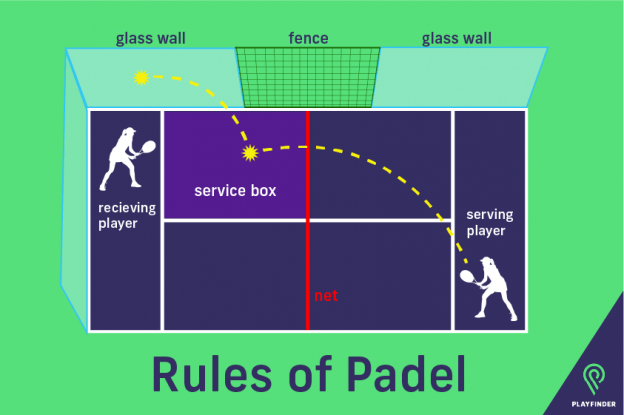Best nutrition for grassroots football
18 November 2016 • By - Jo Travers
We spoke to our guest blogger Jo Travers about the best nutrition for grassroots football:
Best nutrition for grassroots football
In football, the main muscle groups being used are the quads and the hamstrings which provide power for jogging and sprinting.
Also the calf muscles support the knee and the ankle. Football requires fast-twitch and slow-twitch muscle groups.
The energy needed to sustain a player through 90mins is quite considerable, although less so if you aren’t running up and down the pitch.
About 70% of a football game is low-intensity jogging or walking, which means that a player will be using some aerobic energy pathways.
However, the remaining 30% is made up of high-intensity actions like sprinting, tackling, jumping and kicking which will use anaerobic energy and deplete the muscles stores of carbohydrates.
Evidence suggests that eating a high ratio of carbs to fat enhances performance of footballers over the course of a match and this is because of this use of stored carbs.
It’s all about the carbs!
To maximise stores of carbohydrates in the muscles you need to get a good intake before and after the game – and also during if play allows.
So really you need to start eating well the day before. Having low-GI carbs with your evening meal the day before starts the process off.
Your body turns some of the carbohydrate you eat into glycogen which is is stored in the muscles and can be readily converted back into glucose when needed.
On game day, about 2-4 hours before your game you need to be thinking about eating something that will be digested and entering your blood stream as glucose during the game.
This should be something low-GI that will take a couple of hours to digest. If you are playing at 12 o’clock then having a bowl of porridge at about 9am is pretty perfect.
It shouldn’t be too large as you don’t want to be feeling heavy during the game.
Topping up an hour or so before you start with something that’s more quickly digested will give extra glucose delivery when you play.
To continue with our 12pm game example this might be a banana at 11ish.
Hydration is also important as even mild dehydration has been shown to affect motor skills and reaction time so will effect how well you play.
A couple of hours before a game have around 500ml fluids.
If it’s a short game then it may not be necessary to consume anything during, but a 90min game will at the very least mean you need to hydrate, but it might also be beneficial to get some energy at half time or in between play.
An isotonic drink will hydrate and give energy so sipping this during stoppages may delay fatigue so you can go the full 90mins without needing to be subbed off.
To speed up recovery after the game it’s first about carbs and then a little bit of protein. Having some rice cakes or bread as a quick snack almost straight away will replenish all the glycogen you used up during the game.
The you can follow up with a meal that contains a balance of carbs, protein and vegetables. You also need to rehydrate properly.
All that done, you’ll be ready to go again! Best nutrition for grassroots football.




